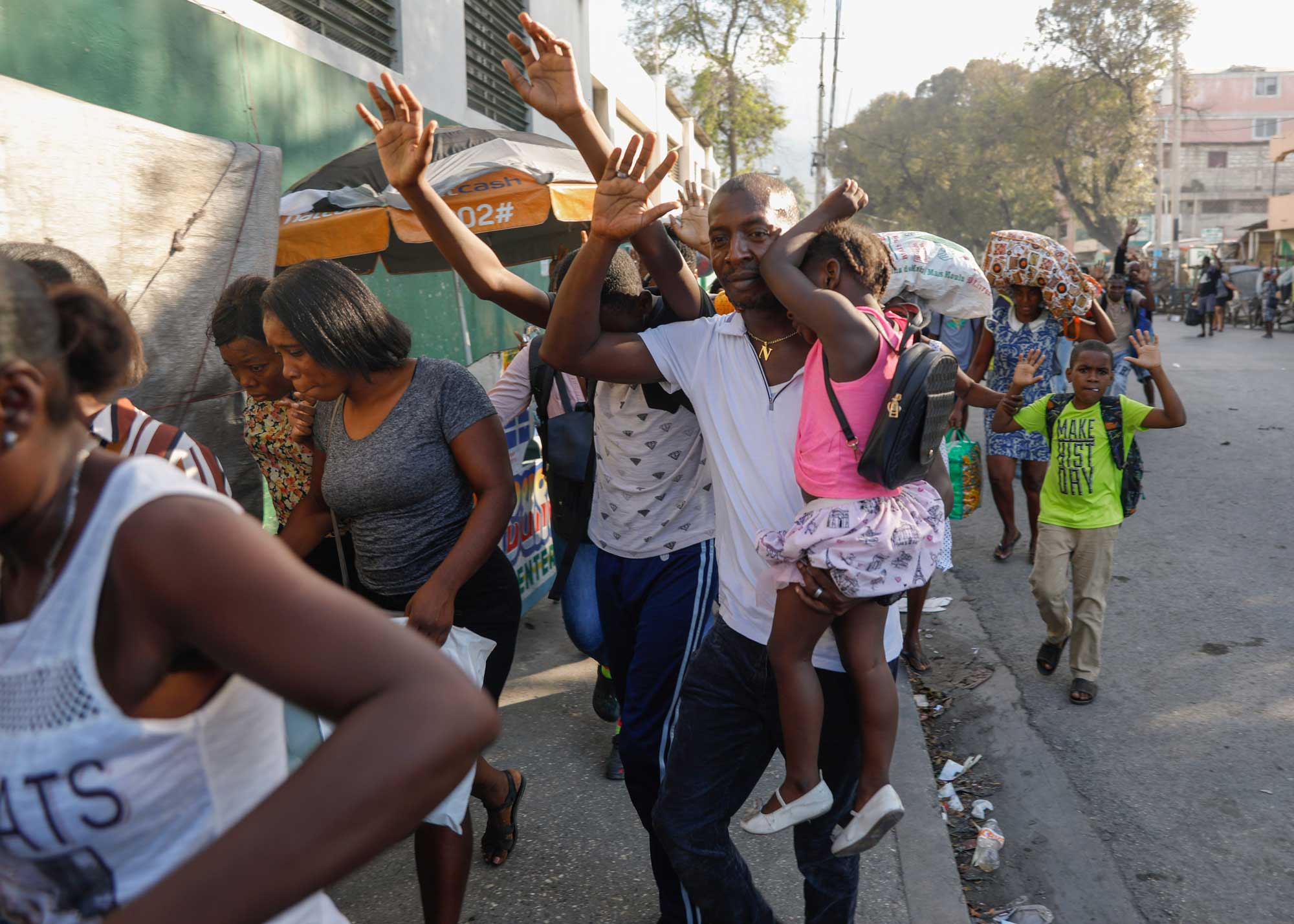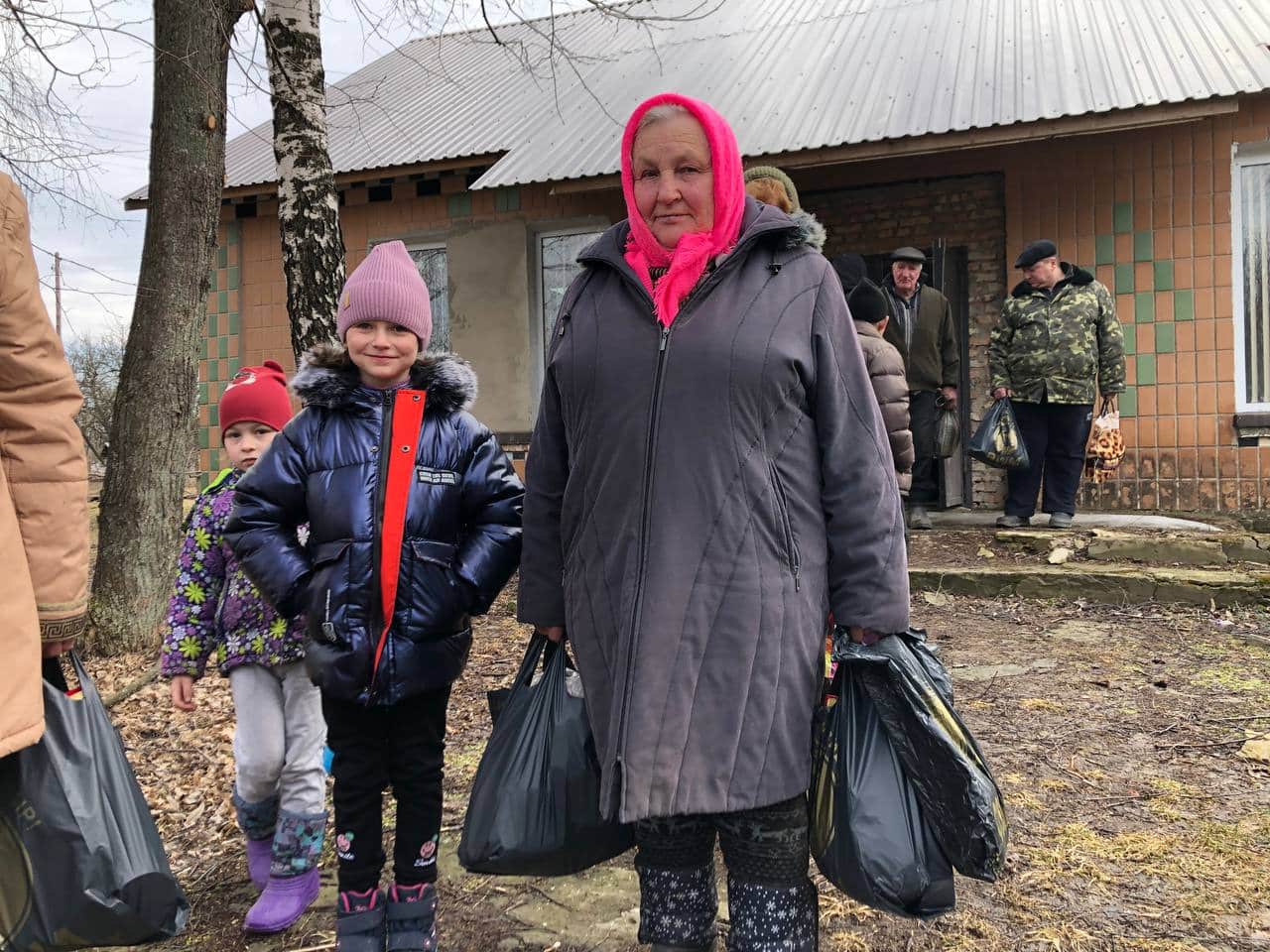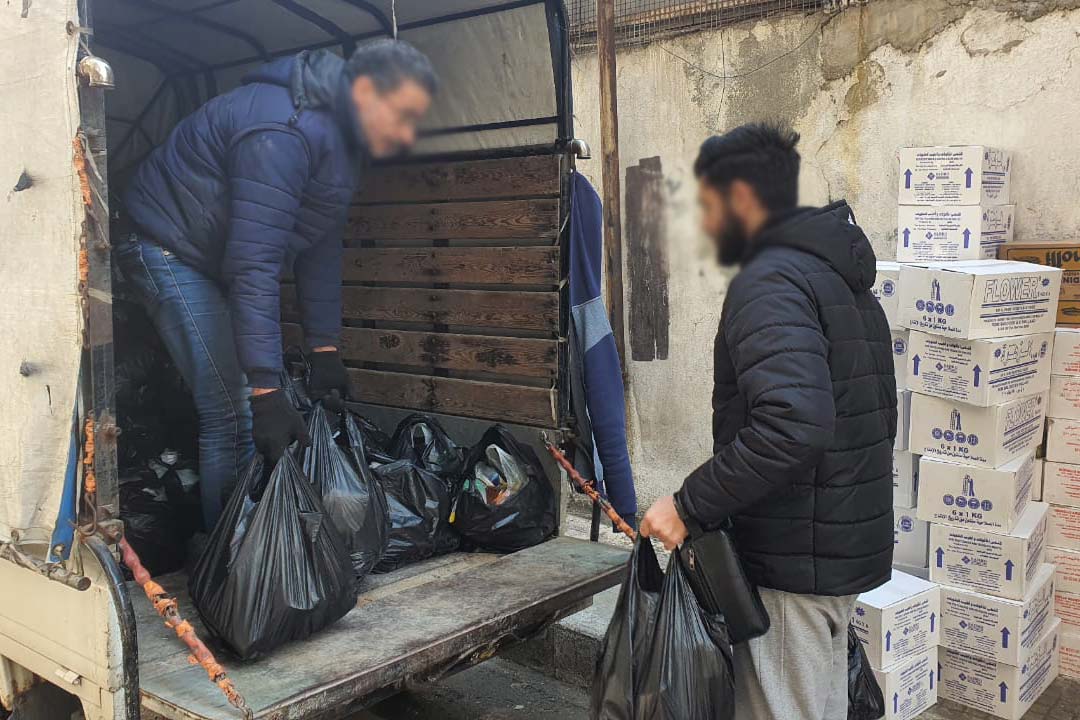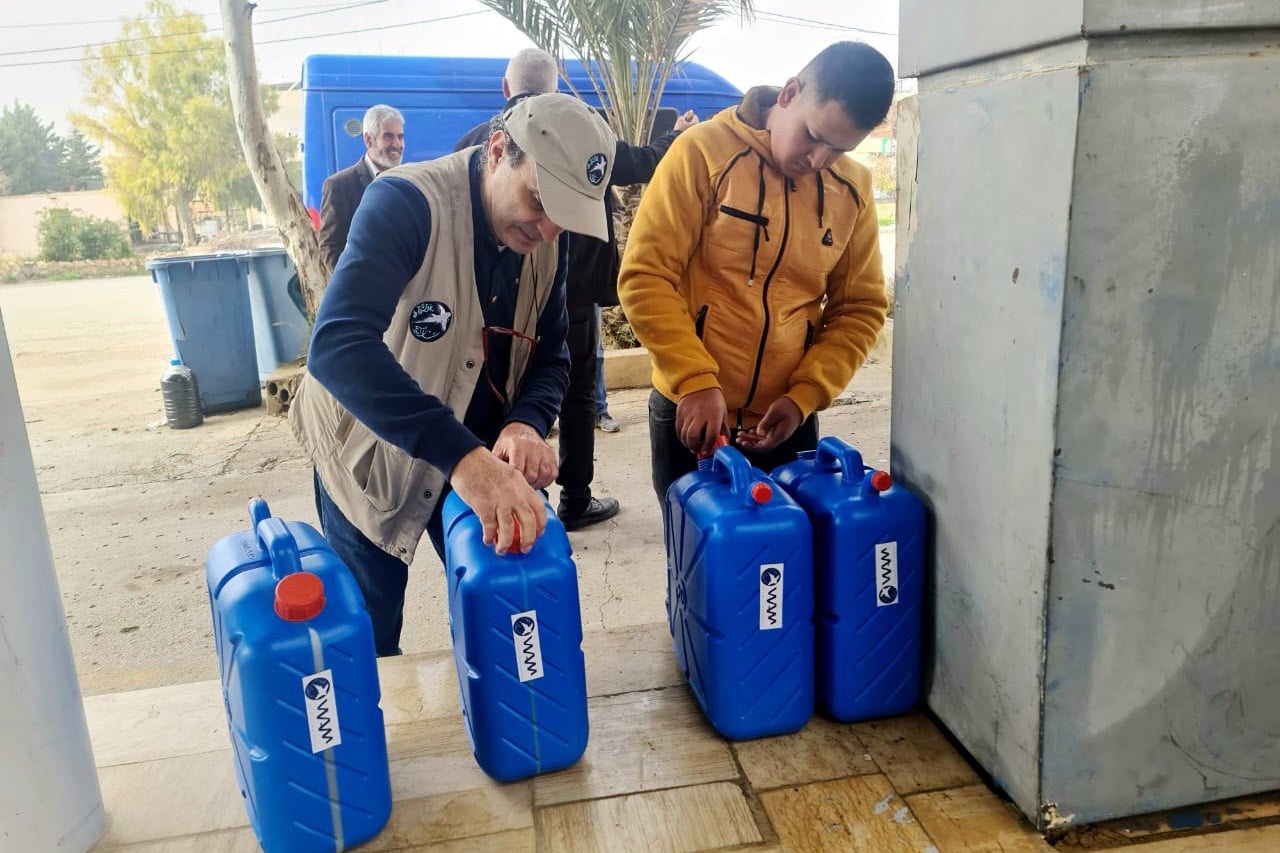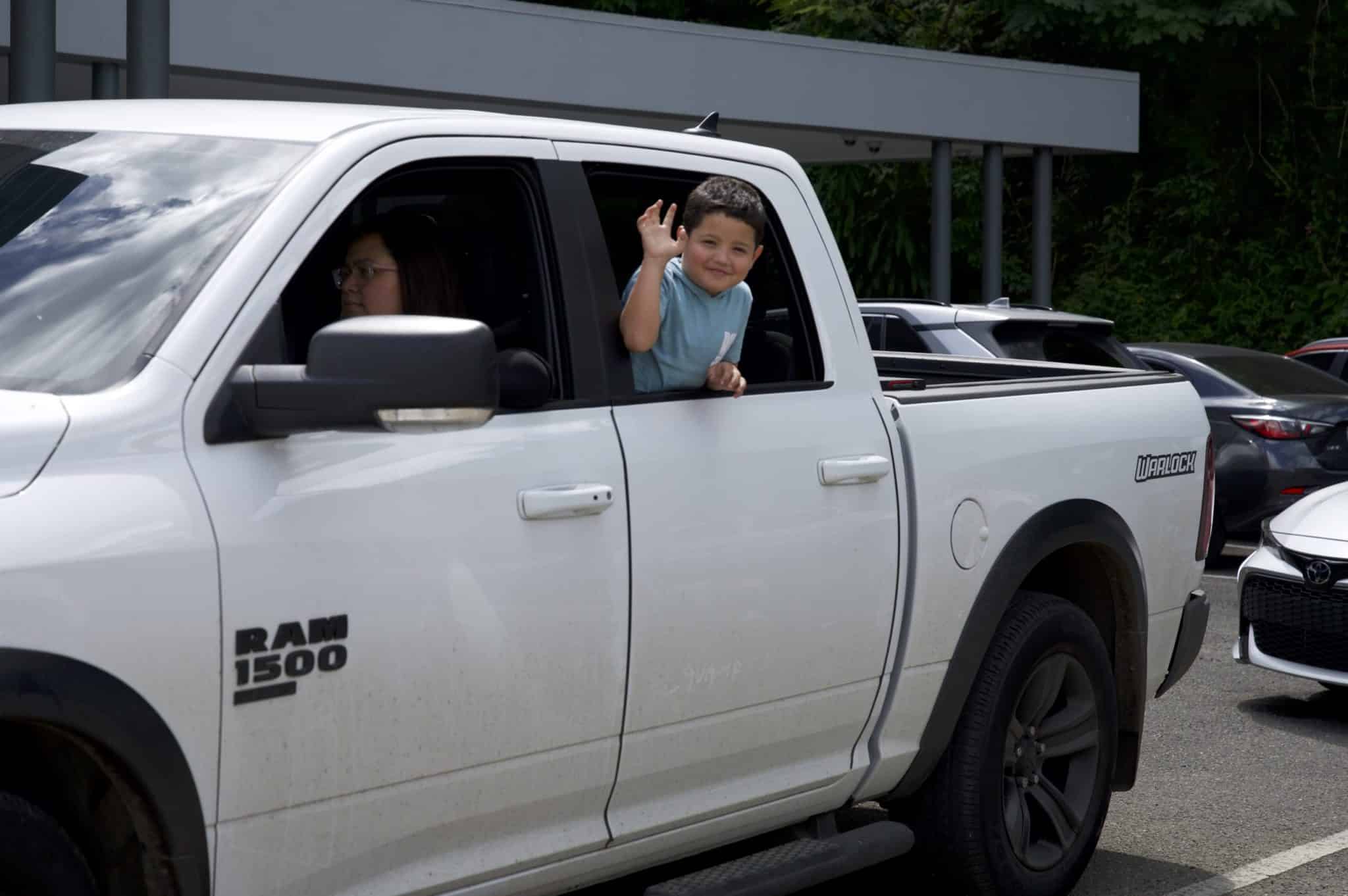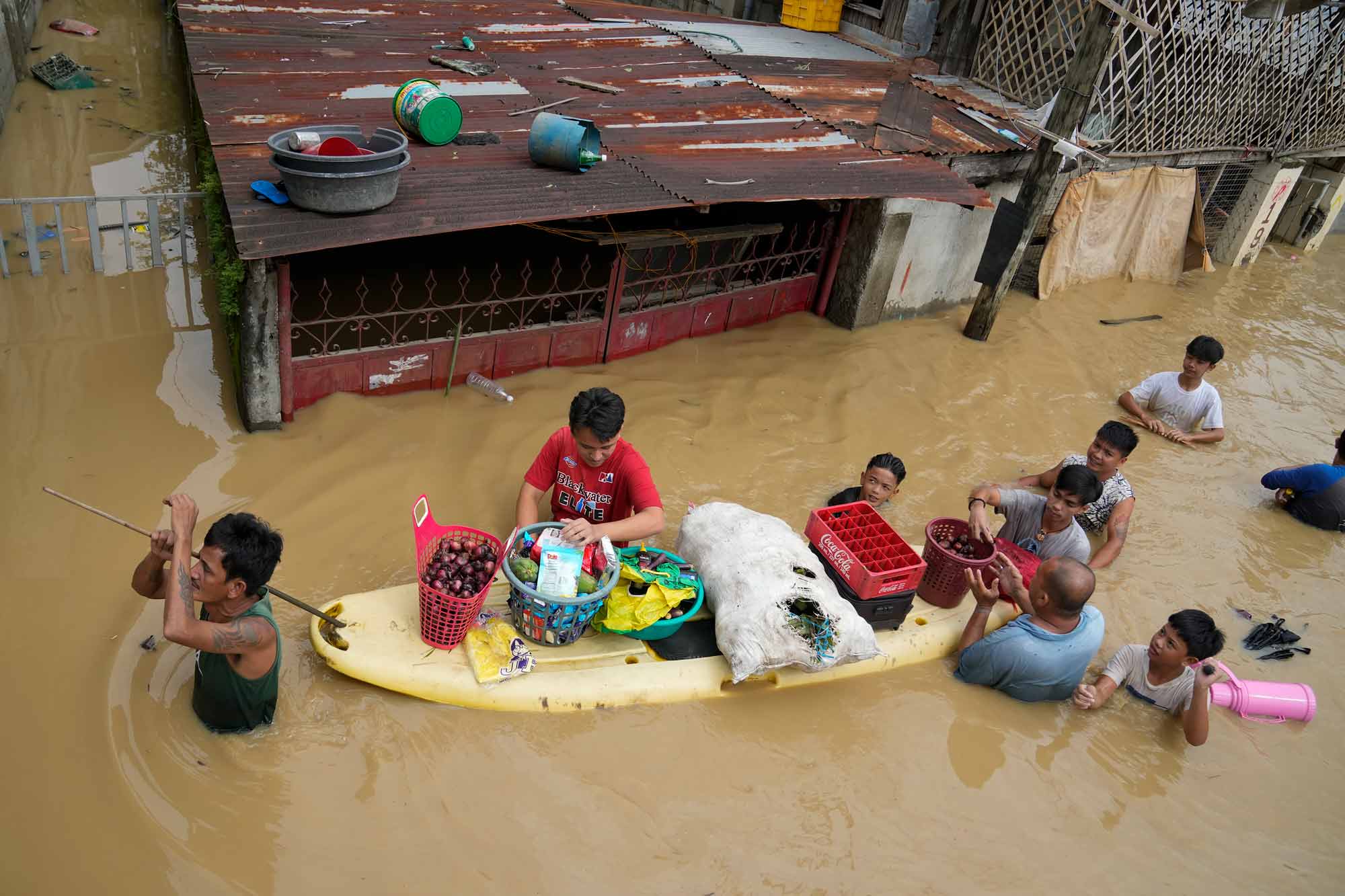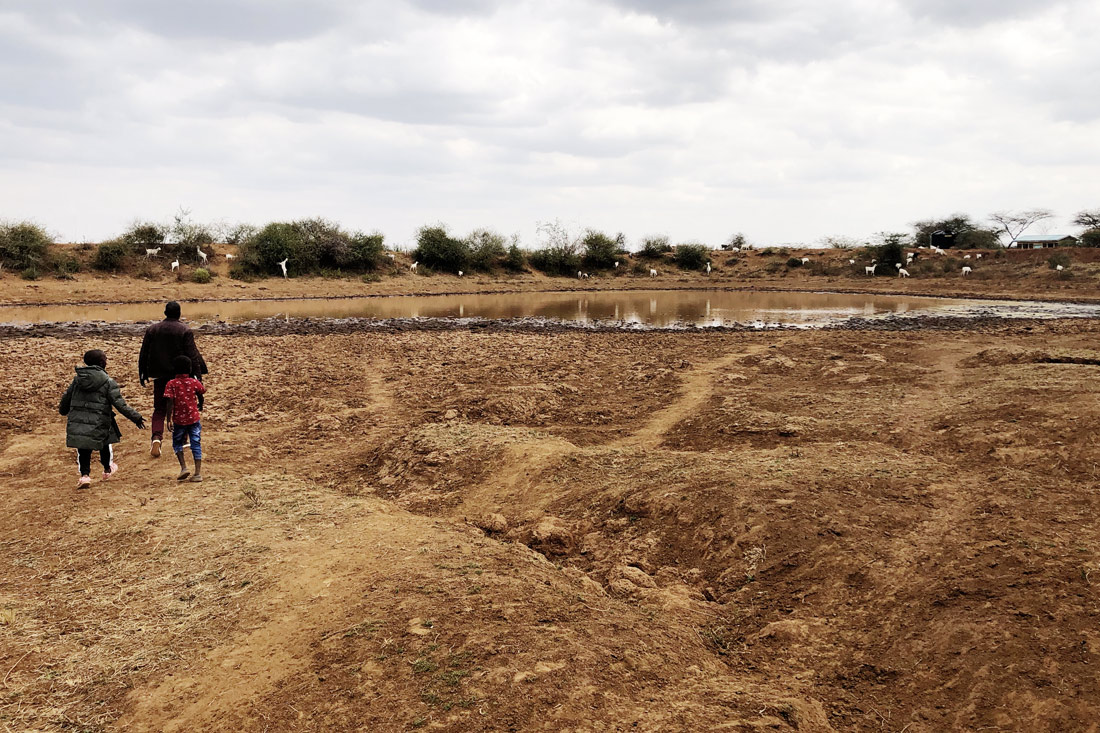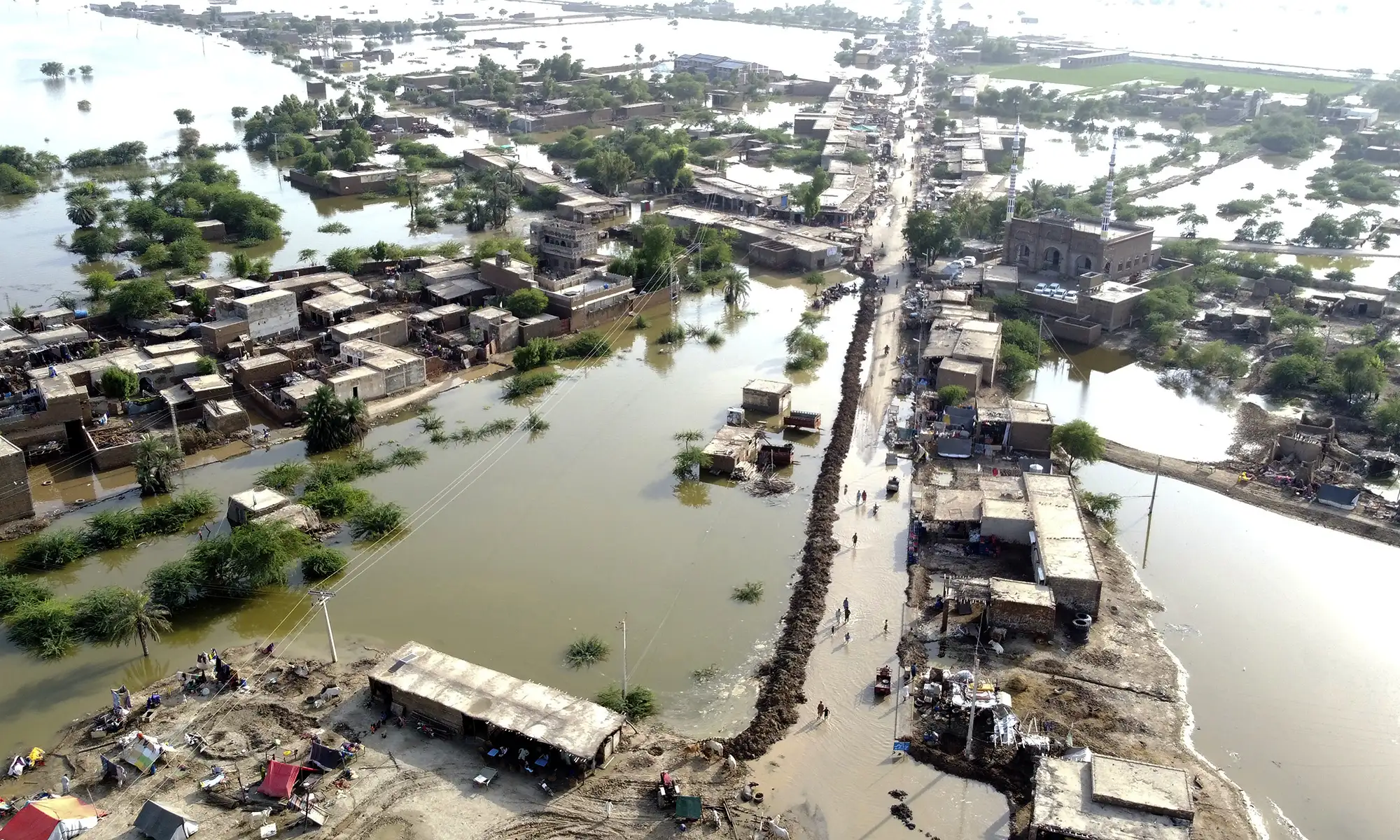Convoy of Hope Responds to Refugee Crisis in Spain
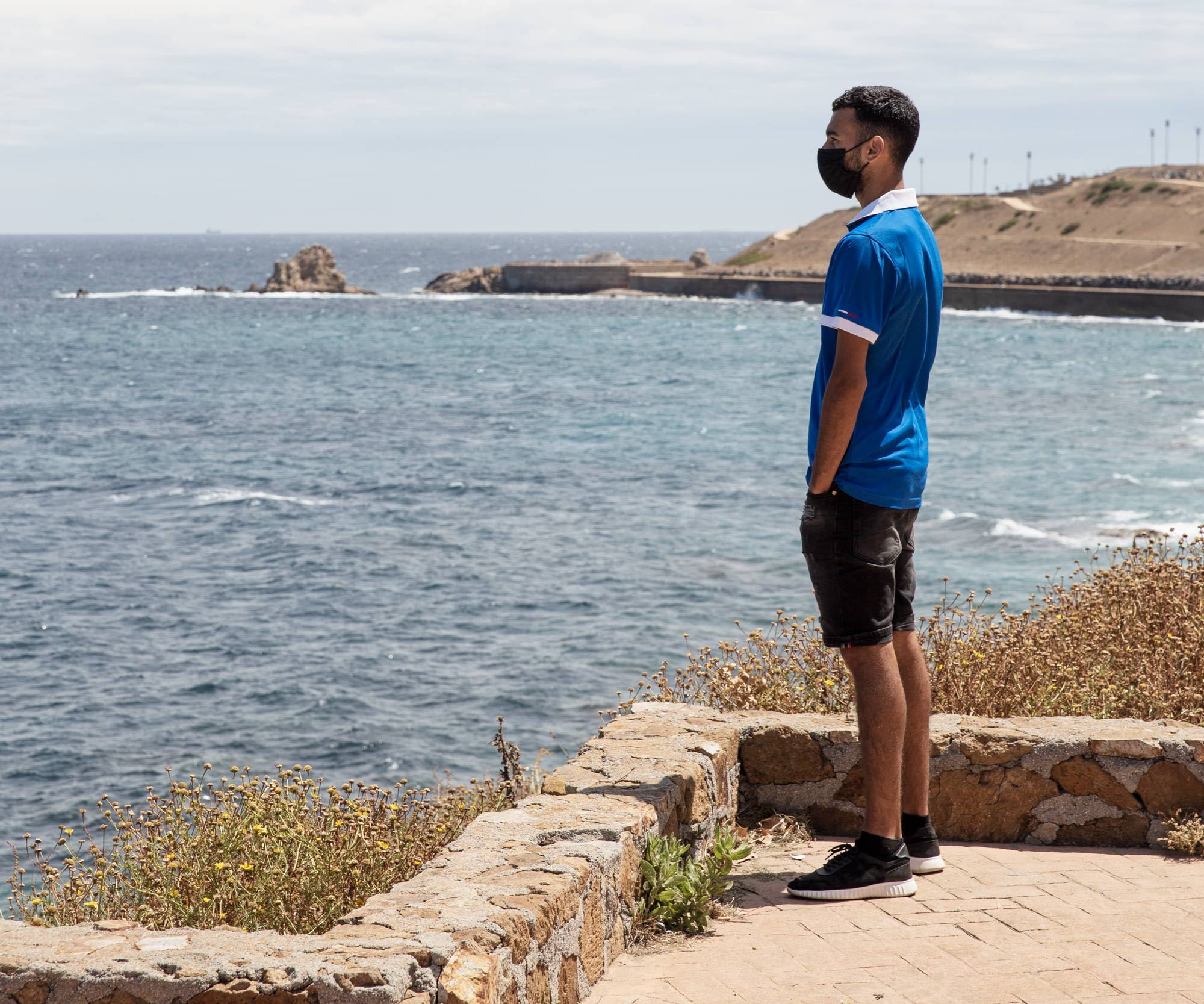
“Living here is hell, but it’s still better than living in my country,” said Amandi.
Amandi is one of more than 8,000 refugees who recently swam from Morocco to Ceuta, Spain. While the government works to address the refugee crisis, many displaced individuals are struggling to find food and shelter. Convoy of Hope recently hosted a distribution to help these people fighting to make it through another day.
Ceuta is geographically unique in that, although it is Spanish territory, it shares a land border with Africa and is separated from mainland Spain by the Mediterranean Sea. For refugees, this creates an opportunity to swim around the border and arrive on the Spanish shore without braving hundreds of miles of frigid, treacherous sea. Refugees have plunged into the icy water to swim their way to European soil en masse throughout recent months.
“When the masses swam over, we were all together celebrating my father’s birthday,” Lorena, a local Convoy of Hope partner, said. “The celebration quickly ended to see the news of people swimming. The helicopters hovered, and police waited for those who arrived at shore. They didn’t ask questions and arrested people. Some, desperate, even took their lives right there on the shore. They’d rather die a gruesome death at their own hands than be deported.”
Some refugees, like Amandi, were attempting to escape persecution. Others were in search of jobs or a new life free from economic turmoil. Whatever the reason, the crisis has grown. Now, both the people of Ceuta and the refugees who sought shelter there struggle each day.
Originally, Amandi came from Nigeria, where he was persecuted for his beliefs. He later made his way to Morocco, and from there, swam to bordering Spain. Some who swam with Amandi drowned before they made it to Spanish soil; many others suffered from severe hypothermia and required immediate medical attention when they arrived.
“I remember waking up in the hospital,” Amandi said. “I was fortunate to get housing, but I live in a small room with 10 others.” Thousands of other refugees in Ceuta have no shelter and live among the rocks near the seashore. Others have created makeshift shelters in cemeteries.
“Together, they care for each other and find ways to survive,” said Mark-Anthony Licea, a Convoy of Hope Europe team member.
One of the cemetery camps served as the site for Convoy of Hope’s most recent distribution event. People were provided with food, hygiene kits, and other necessities.
Some refugees have been searching for a better life for years. Others swam the frigid Mediterranean waters in recent weeks. Regardless, Ceuta is overrun. As refugees and government officials work to resolve this crisis, Convoy of Hope will continue to provide.
Thank you for providing hope to those in desperate need during this crisis.

